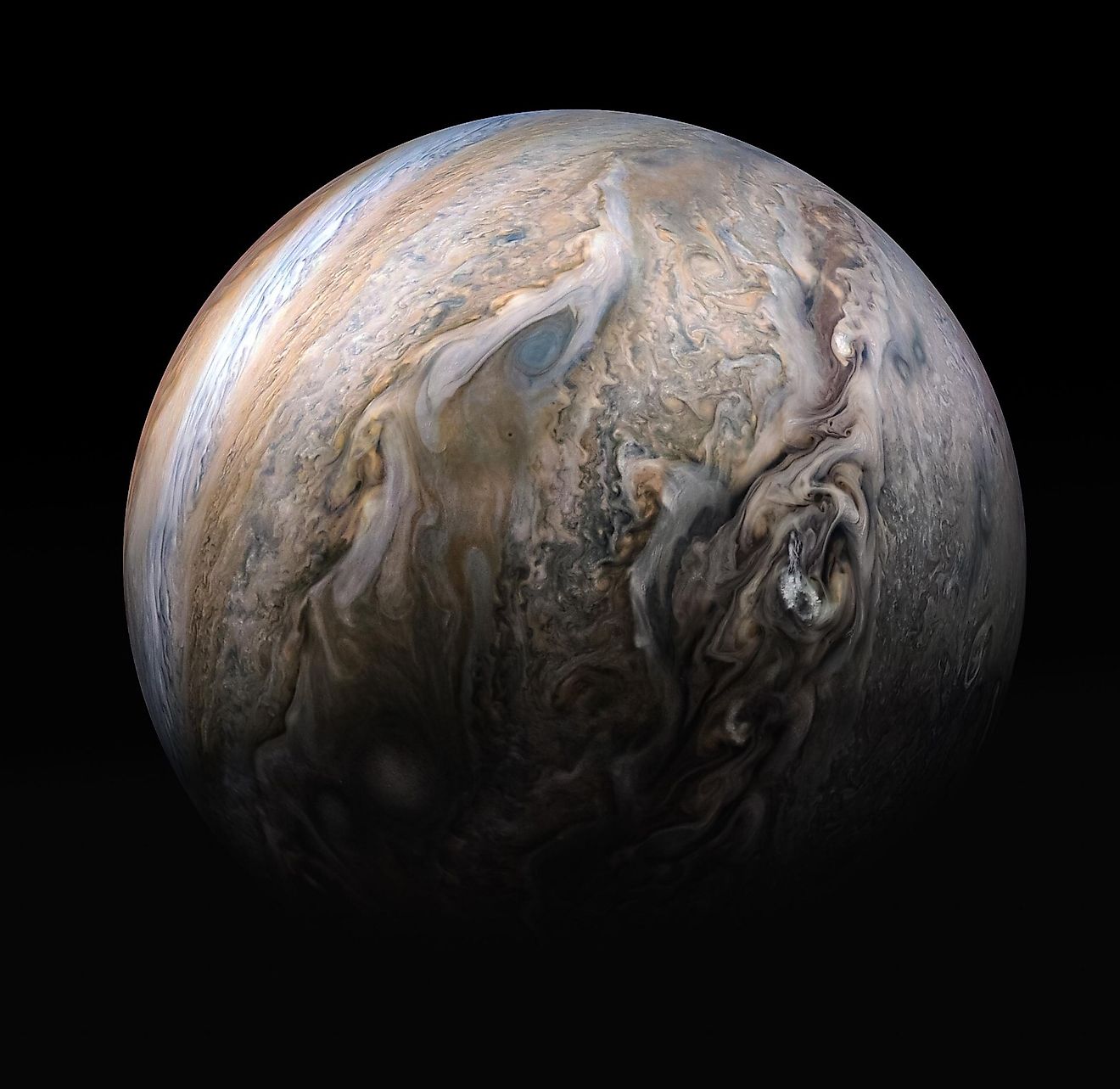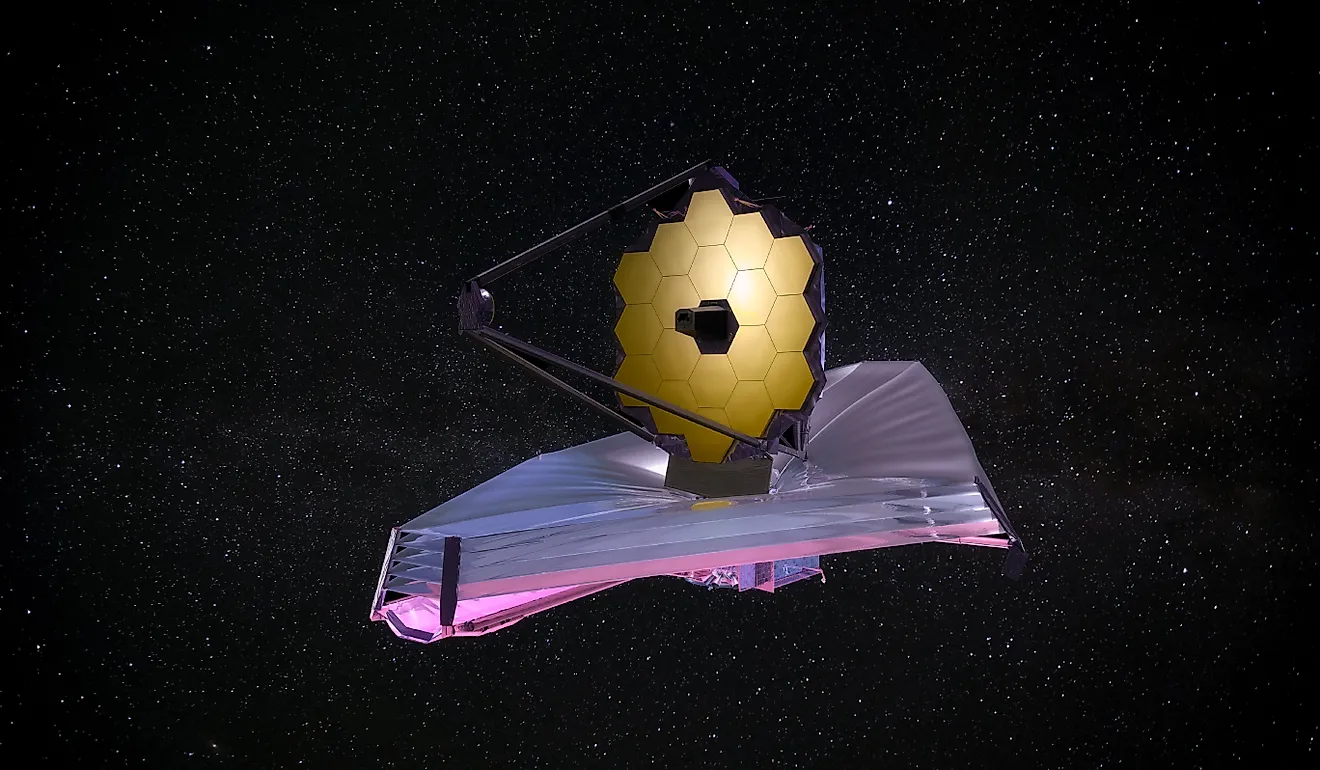
Will Humans Ever Go To Mars?
In 1969, NASA sent the first humans to the moon. Apollo 11 was the first time in human history when we set foot on another world. Since then, many have dreamed of continuing our journey through space, intending to set foot on Mars eventually. Besides the moon, Mars is the most obvious candidate for a human mission shortly.
Getting To And Landing On Mars

NASA and other space agencies around the world have been developing the necessary technology to land humans on Mars for decades. When humans first landed on the moon in 1969, technology was far less advanced than it is today, and so it seems as though we should have landed on Mars years ago. However, Mars is a much more difficult world to get to. The moon is pretty much next door to the Earth, while Mars is many millions of miles away even during its closest approach. While Earth and Mars are at their closest approach, it would still take a month or longer to reach Mars. That’s a fairly long period of time to be in the emptiness of space, and if anything were to go wrong, it would be near impossible to simply turn back.
Travelling to Mars is one thing, yet landing on the surface is likely to be one of the most difficult aspects of a human mission. Methods for landing rovers on Mars have generally used a combination of parachutes and covering the rover in airbags to reduce the impact. These methods will not work for landing humans on Mars, and we will likely need to physically land a rocket on the Martian surface. Landing rockets is tremendously difficult, and although companies like SpaceX have managed to do it here on Earth, it will be far more difficult on Mars. We have not yet experimented enough with landing rockets on the Martian surface, and it will likely require dozens of tries before a human mission is possible. Unlike the lunar missions, where a lander was used rather than a rocket, the surface gravity on Mars makes it impossible to simply lift an object off the surface. A rocket would have to be used if the first humans on Mars would ever hope to return home.
Surviving On Mars

The first humans would likely be staying on Mars for an extended period of time, and that means learning to live in the Martian environment. Temperatures on the surface can fluctuate wildly, ranging from as high as 20 degrees Celsius to dropping below minus 100 Celsius. The atmosphere is far too thin to walk on the surface without protection, and the lack of a magnetic field means that solar radiation is far worse than it is on Earth. The low surface gravity of Mars would also have an impact on muscles and bones. In addition to these problems, humans would have to survive Martian dust storms as well.
To survive on Mars, there are two options. First, we develop habitats that we can set up on the Martian surface that are designed to protect humans from the harsh environment of Mars. Second, humans could potentially survive within Martian lava tubes, which would offer protection against radiation and dust storms. Living in lava tubes would also mean astronauts would not have to spend too much time in developing habitats to protect against the environment.
Will Humans Ever Go To Mars?
Despite the difficulty in going to Mars, NASA fully intends on eventually sending humans to Mars, and it may happen in the next 20 years. NASA’s current plan is to send the first humans to Mars sometime in the late 2030s or early 2040s. Although that is the current timetable, it is dependent upon how much funding NASA receives. Unfortunately, funding for NASA has gradually been decreasing over time, and human missions to Mars have been consistently pushed back to later years.











